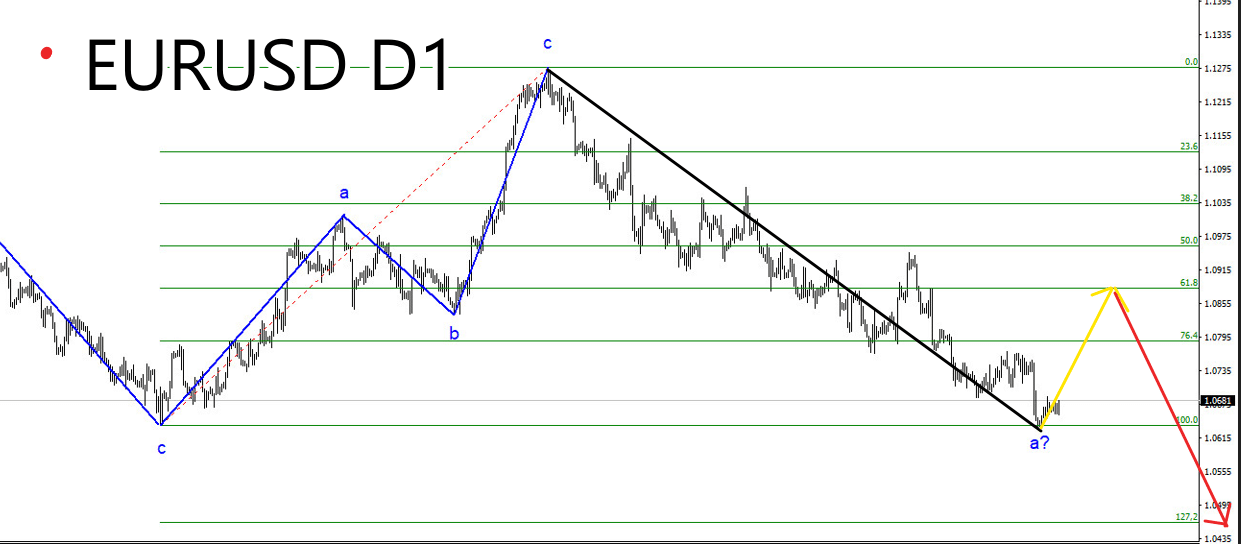An economic phenomena known as inflation gradually reduces the purchasing power of money. The value of money diminishes when prices rise, which can have significant effects on traders and investors. We will discuss strategies, profitability, risks, asset selection, inflation forecasts, and expert views as we delve into many facets of trading amid inflationary in this blog article. You may take advantage of possibilities for trade and make well-informed decisions in an inflationary market if you are aware of these aspects.
Maximize you profit by copy our trade
Trading Techniques for Inflation:
1. Diversification:
It is important to spread your portfolio among many asset classes, including equities, bonds, commodities, and real estate, throughout periods of inflation. By ensuring that your investments are not excessively focused on one asset class, diversification helps mitigate risk.
2.Investing in Assets Resistant to Inflation:
There are certain assets that do particularly well in moments of inflation. These comprise businesses in categories including energy, utilities, and consumer staples as well as minerals like gold, silver, and oil. Putting money into these assets can act as a hedge against inflation.
Gains and Dangers in Trading Inflation:
1. Profitability:
Astute investors could find trading opportunities as a result of inflation. For instance, businesses with pricing power may see higher revenue and profits as prices rise. Furthermore, despite inflationary pressures, some industries, including technology and healthcare, might keep continuing to prosper. Through the identification of those potential, traders may be able to make a profit.
2. Risks:
Trading in inflation has its own set of hazards. Market volatility can be brought about by abrupt changes in inflation rates or by unanticipated decisions about policy. Additionally, the value of fixed-income assets like bonds has been lowered by inflation, which may have an effect on returns. To safeguard their investments, traders need evaluate these risks thoroughly and implement risk management techniques.
How to Choose the Best Assets for Trading Inflation:
1. Commodities:
Historically, assets such as gold and oil have been seen as safeguards against inflation. The demand for these resources may rise during inflationary times, affecting their cost.
2. real estate:
In a time of high inflation, real estate can be a valued asset. Property values typically increase in tandem with price increases, offering investors considerable returns. Furthermore, during periods of inflation, real estate income from rentals can function as an ongoing source of cash flow.
How to Forecast Inflation:
Accurately predicting inflation is difficult due to the fact it depends on a number of variables, including supply and demand dynamics, governmental policies, and state of the world economy. To measure the impact of inflation, however, economists and analysts employ a variety of measurements, such as wage growth, central bank announcements, consumer and producer price indices, and wage growth. Through the study of these indicators, traders can get knowledge about possible patterns of inflation.
A Professional Opinion on Investing During Inflation:
Experts stress how crucial it is to modify investments plans in response to shifting inflationary circumstances. Some experts advise taking a balanced plan of action, putting both growth-oriented investments and assets that are resistant to inflation. Others advise actively managing portfolios by constantly keeping track of economic indicators and positional adjustments. Financial advisors are experts at coping with inflationary settings, so getting their advice can yield insightful information that is customised to your own making investments objectives.
Close Thoughts
Trading during inflation involves a thorough comprehension of the state of the economy and how different asset classes are affected by inflation. Positioning yourself to take advantage of profitable trading opportunities while controlling associated risks can be achieved by diversifying your portfolio, investing in assets resistant to inflation, and keeping up with economic data. Recall that as market conditions change, you need to continually assess and modify your plans. Getting expert counsel can improve your decision-making significantly. You might be able to protect your investments and profit from trading during inflationary if you take a careful and experienced strategy.

